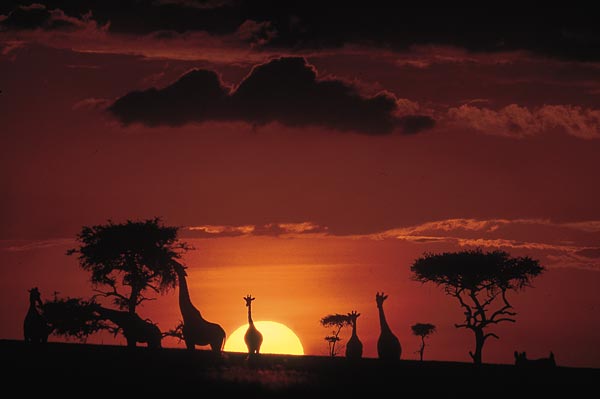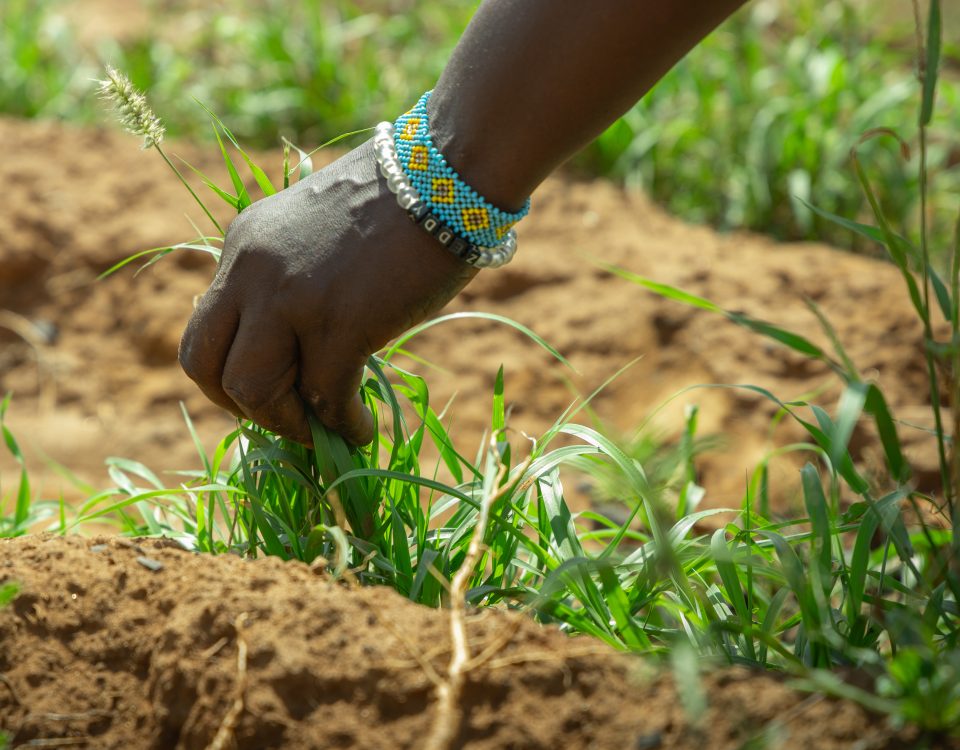Understanding death in the animal kingdom

Launching into life
12th September 2012
Happy World Rhino Day
22nd September 2012Animals may mourn ones another’s death in the same way as humans do. Some certainly appear to show distress when a close relative dies.
We lost one of our two domestic geese, both male, the previous week. Cause of death, broken neck as it was flying and hit a tree on its way. Painful death, I would call it. One of the geese made a loud, honking call continuously leading to us going to find out what the noise was for. We found the dead goose lying belly up, dead. We buried it later in the day. What followed the next few days were continuous loud honking’s by the remaining goose. It did not eat and spent most of its days and nights around the compound honking around, especially where we found the dead goose and where they used to rest in the day, probably calling its friend who did not seem to appear. These two were very close friends; I would say best friends forever and for the remaining goose to be left alone, am sure it is lonely. For us we lost a guard as it was the most aggressive.
This incident led to my thinking; animals like humans also mourn. The elephant, an animal which shows great emotions, is a very good example in this case. People who work with them can tell of instances that suggest the animals do understand death.
Observers have watched as a dying matriarch is lifted to her feet by some of her family members and grass is pressed into her mouth or they stand around her helplessly, shrieking and trumpeting in their distress. Like humans, even when the cow was dead they were unwilling to leave her. It’s also noted that they return several times in the next few hours. They caress the carcass with their trunks or gently place them in her mouth.

When an elephant calf is sick, it is surrounded by its family and protected. Mothers’ have also been noted to stay with her dead calf for some time, chasing predators away and even carrying the corpse away on her tasks, unwilling to abandon it.
When elephants find dead carcasses of their kind on the way, they stop to examine and touch it. They may even carry the bones and tasks into the bush. They pay more attention to the bones around the mouth since they are used for greetings in life and the tusk which change little with death.

Apes and monkeys have also been seen to show signs of distress when a close relative dies. A young mother baboon who losses her newborn baby often carries the body around for weeks or so, carefully brushing away flies and grooming its fur.
Its intriguing how animals mourn.





